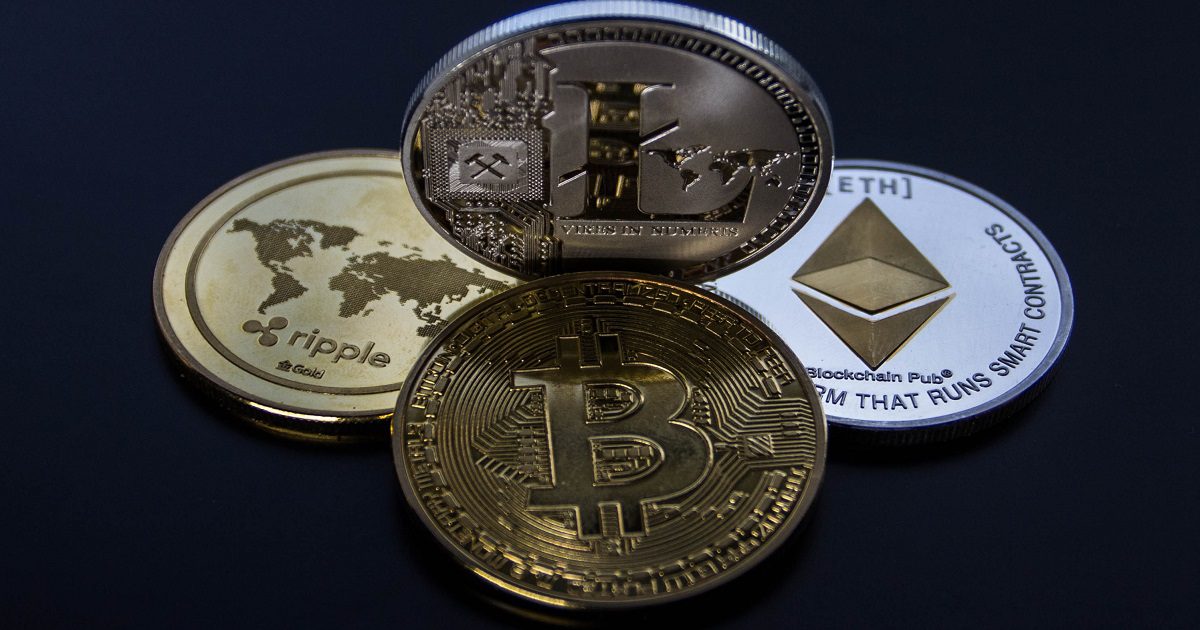In the context of recent events such as the announcement of Facebook’s global cryptocurrency Libra, more and more central banks around the world are launching state-backed digital currencies. China is no exception to this trend. According to China Daily, the Chinese Central Bank is going to launch and control a new digital currency. In the near future, residents will be able to exchange the digital currency in commercial institutions.
Have a look at one of our previous articles: Star Market: Shanghai’s New Stock Exchange
Keep reading to learn more about China’s new digital currency and Shenzhen’s role as first pilot zone.
What is a digital currency?
People usually first think of cryptocurrencies such as the Bitcoin. In fact, the Bitcoin is only one limited example of “digital currencies”. Simply put, a digital currency is a special form of currency that exists and circulates in digital form, as opposed to tangible money and coins. Broadly speaking, digital money can include anything that represents value in digital form. It includes electronic currencies (such as WeChat and Alipay payment methods), virtual currencies (such as the Q coin and top-up coupons for games) and cryptocurrencies (such as the Bitcoin or the Libra).
So, in how far will the central bank’s digital currency differ from these commercial “virtual currencies”? When considering monetary attributes, “virtual currencies” such as the Bitcoin are not currencies in themselves. The central bank’s new currency, however, is a legal digital currency issued by the central bank based on national credit. This is totally different from the above mentioned “virtual currencies”.
What exactly has been announced in China?
According to Mu Changchun, deputy director of the payment and settlement department of the People’s Bank of China (PBoC), the central bank’s Digital Currency Research Institute (DCRI) started the development of the digital currency system already in 2018.
A new form of digital currency in China
In the past, the fund transfer of electronic payment instruments had to be completed through traditional bank accounts. Now, according to Mu Changchun, the central bank’s new currency will be able to transfer value without traditional bank accounts, making the transactions much less dependent on such accounts. Generally speaking, this digital currency will circulate as easily as cash and offer controllable anonymity. This is likely to lead to a higher circulation and internationalisation of the RMB.
The central bank’s digital currency mainly aims to partially substitute cash in circulation. It not only has the same properties and main characteristics as cash, but also meets people’s demand for portability and anonymity. Therefore, this form of currency is not going to be an electronic wallet or online payment method, nor is it a complete replacement of the existing RMB system, but it will be a new cryptographic electronic currency system, representing an alternative to cash.
How will it be carried out?
The central bank will not issue the digital currency directly to the public. Instead, it will adopt a two-tier operation system: the central bank will first exchange the digital currency with Banks and other institutions, who will then make it available to the public. The central bank may pilot the currency in the early stage, and then further promote it after it becomes mature. Out of prudent consideration, a pilot exit mechanism is being designed.
Shenzhen: the first digital currency pilot zone
China will conduct research on digital currency, mobile payment and other innovative applications in Shenzhen, according to the “State Council’s opinions on supporting Shenzhen to build a pilot demonstration zone for socialism with Chinese characteristics”, issued on August 18. This is the first time that a central document focuses on this digital currency and names Shenzhen its pilot zone.
Why Shenzhen?
- One year before the announcement, the central bank conducted research on digital currency in Shenzhen. Shenzhen Fintech Co., Ltd., founded in June 2018, is the only branch of the DCRI of the PBoC in China.
- Shenzhen has now been for a long time one of the cities that gives the most importance to blockchain technology. Moreover, Shenzhen has already become the city with the largest number of blockchain enterprises registered in China and one of the cities with the largest number of blockchain technology patents in China.
- Shenzhen’s innovation environment and the number of innovative enterprises are consistently at the leading level in China.
- Shenzhen has a very good user and technology base in terms of mobile payment, as well as its own advantages in international trade, shipping and technology industries. The launch of the central bank’s new currency will play an important role in promoting the internationalisation and the coordinated development of industries in the Greater Bay Area.
Are you wondering how the new currency system could affect you business in China? Get in touch with our team for a consultation and follow us on social media to receive the latest news.
Our experienced team has the necessary expertise and the know-how to support you with your business – have a look at the services we offer.
Also, don’t forget to follow us on social media to receive all the latest updates!
See how much salary you receive after tax and check your company value without leaving WeChat!
Also, our Mini Program can estimate the salary in your industry, for your experience level and position. A huge help for salary negotiations!







